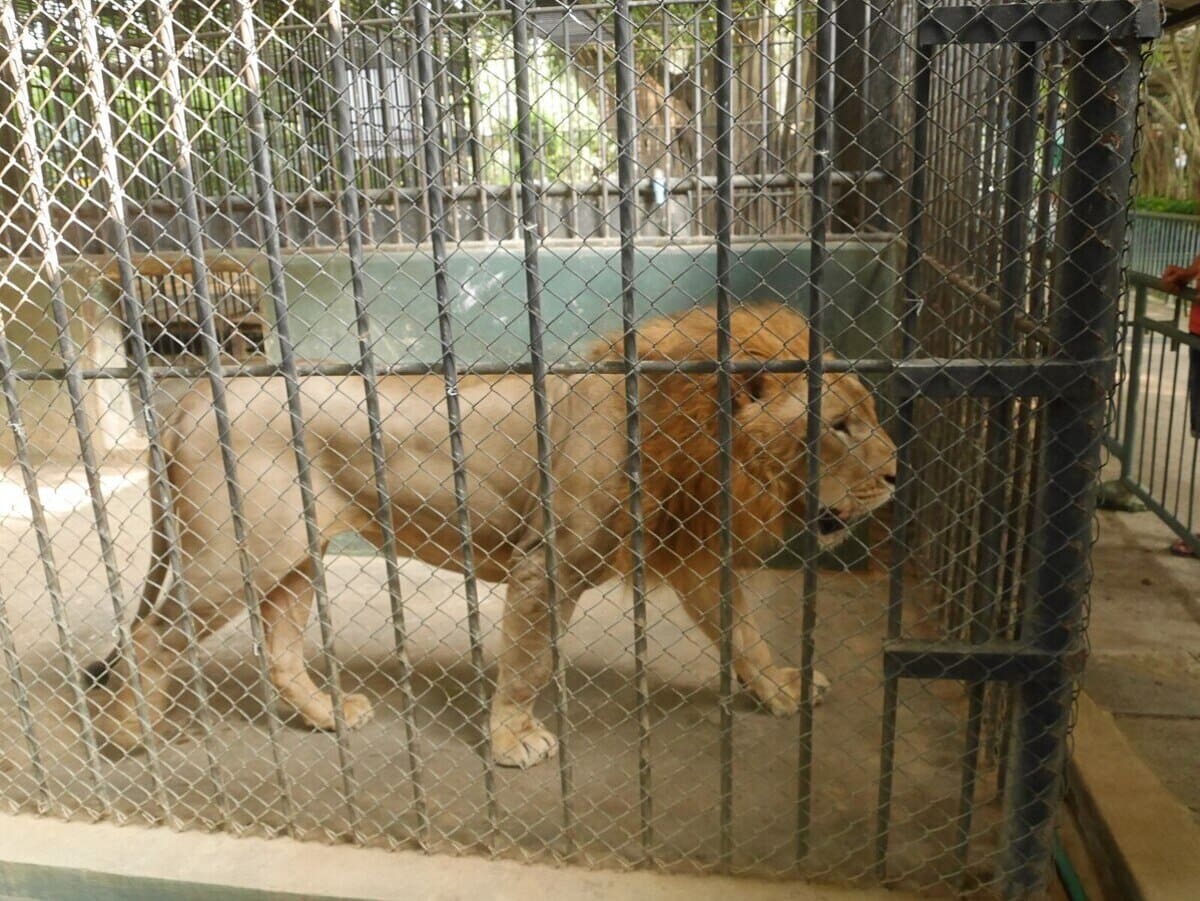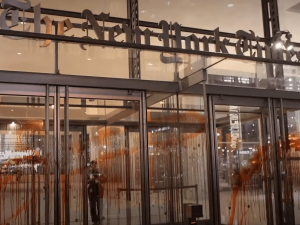A British wildlife conservation group has said it had uncovered thousands of breaches of animal welfare standards at zoos across Europe, and urged improvements – including UK zoos.
According to the Aspinall Foundation, a Kent-based charity – there were more than 3,000 breaches of standards which are set by the European Association of Zoos and Aquaria (EAZA). This included 29 different zoos over a 18 month period.
The EAZA has 308 members, including dozens in the UK. Their aim is to ensure its member zoos and aquariums:
maintain the highest standards of care and population management.
As reported in The Times, the EAZA acts as the gold standard to reassure the public that animals are well looked after. However, the report claims the accreditation system isn’t up to scratch.
UK zoos: causing animals to mentally and physically suffer
Only recently, the Canary reported on the failings of Sea Life in their care of Penguins. Clearly, the problem is far more widespread. The investigation involved 12 European countries and alleges that EAZA failed to ensure compliance, leading to “mentally and physically suffering”.
Researchers saw elephants locked outside their shelters in cold temperatures. They also kept bears in concrete enclosures with no shelter, and unbelievably, a hippo had no access to a pool.
The Times noted that of UK zoos, Colchester Zoo had 17 breaches, whilst Chester had 12. At Colchester, a rhino, ostrich, and zebra were all left outside for six hours without shelter, despite guidelines on accommodation. Chester had similar allegations of their treatment of elephants, with them leaving them outside for five hours. The most accommodation issues were with elephants, then rhinos, lions, tigers, and giraffes.
Lack of rigorous enforcement
The report listed numerous shortfalls, including the lack of unannounced inspections. It also cast doubt on how rigorous their enforcement was due to their dependency on membership fees.
However, the EASA denies that membership fees have any influence on its screening. They added that this was standard practice in modern professional associations.
Enclosure furnishings, animal shelter and exercise space ere linked to the majority of breaches. Despite this, member zoos all kept their accredited status.
Significantly, one of the flaws noted was the seven to 10 year gap between the EAZA accrediting facilities, and them renewing them. They noted it “may result in a decline in standards.” Serious concerns were also raised about how much trust the public and zoos are putting in EAZA.
Myfanwy Griffith, executive director of EAZA said in response that the report failed to:
truthfully represent the aims and effectiveness of EAZA’s accreditation programme.
Damian Aspinall, chairman of the Aspinall Foundation, condemned the accused zoos for creating a “myth of conservation” and said the EAZA was a:
pointless organisation unless it’s effective and honest with the public.
Additional reporting by Agence France-Presse
Feature image via กสิณธร ราชโอรส/Wikimedia, cropped and resized to 1200 by 900, licensed under CC BY-SA 3.0




